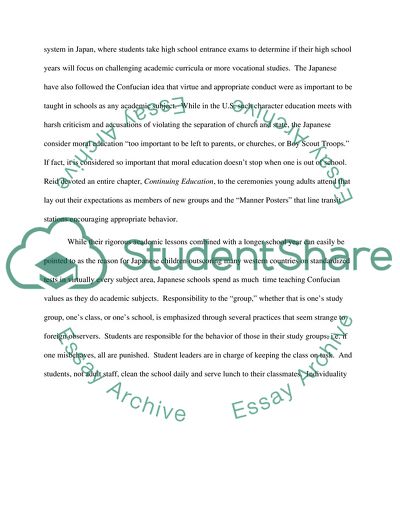Cite this document
(Confucian Ideas in Confucius Lives Next Door Book Report/Review, n.d.)
Confucian Ideas in Confucius Lives Next Door Book Report/Review. Retrieved from https://studentshare.org/literature/1822709-review-of-tr-reids-book-confucius-lives-next-door-what-living-in-the-east-teaches-us-about-living-in-the-west
Confucian Ideas in Confucius Lives Next Door Book Report/Review. Retrieved from https://studentshare.org/literature/1822709-review-of-tr-reids-book-confucius-lives-next-door-what-living-in-the-east-teaches-us-about-living-in-the-west
(Confucian Ideas in Confucius Lives Next Door Book Report/Review)
Confucian Ideas in Confucius Lives Next Door Book Report/Review. https://studentshare.org/literature/1822709-review-of-tr-reids-book-confucius-lives-next-door-what-living-in-the-east-teaches-us-about-living-in-the-west.
Confucian Ideas in Confucius Lives Next Door Book Report/Review. https://studentshare.org/literature/1822709-review-of-tr-reids-book-confucius-lives-next-door-what-living-in-the-east-teaches-us-about-living-in-the-west.
“Confucian Ideas in Confucius Lives Next Door Book Report/Review”, n.d. https://studentshare.org/literature/1822709-review-of-tr-reids-book-confucius-lives-next-door-what-living-in-the-east-teaches-us-about-living-in-the-west.


